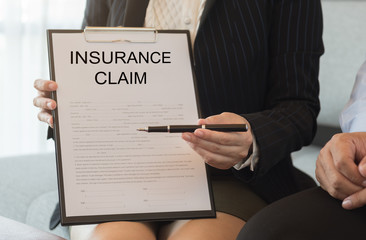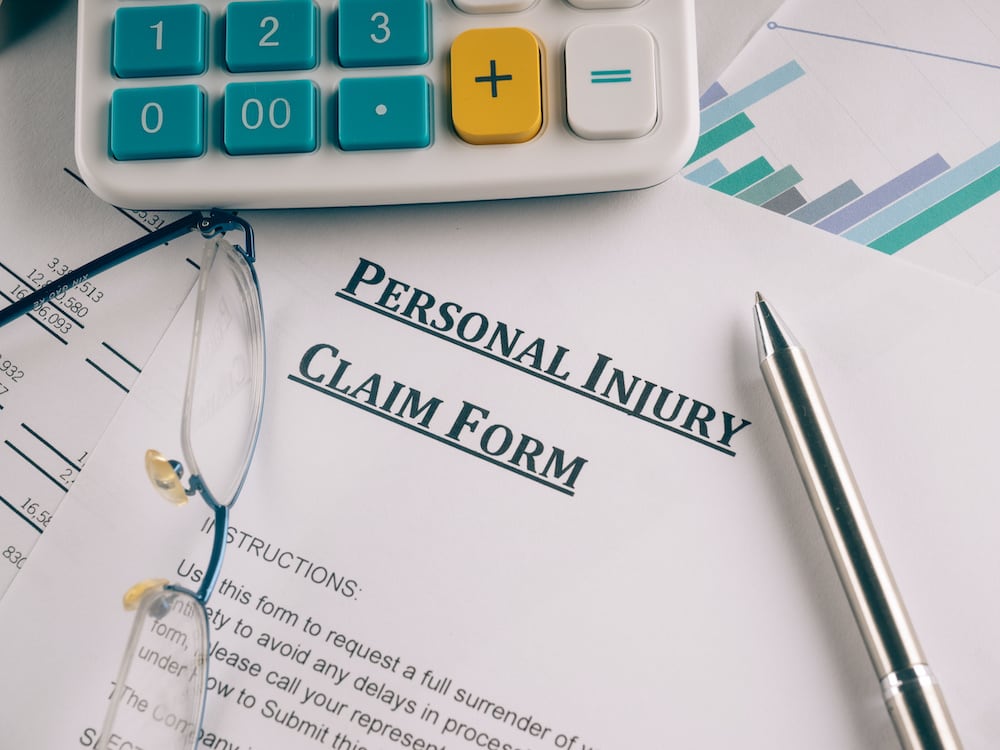
Being involved in a car accident is stressful in general, but it can feel even more so when you find out that the other driver does not have insurance. New Jersey state law requires all drivers to have minimum amounts of auto insurance, but some drivers allow their policies to lapse or never secure protection in the first place. If the at-fault driver in your accident is uninsured, continue reading for more information. Reach out to an experienced Monmouth County auto accident lawyer to schedule your free consultation today.
What Are NJ’s Auto Insurance Requirements?
New Jersey, like most states, has mandatory minimum auto insurance requirements. Below are the minimum amounts for a basic policy.
- $25,000 bodily injury per person
- $50,000 bodily injury per accident
- $25,000 property damage per accident
- $15,000 PIP coverage per person
What if the At-Fault Driver is Uninsured in My NJ Accident?
New Jersey operates under a no-fault auto insurance system. This means that after an accident, each driver must go through their own insurance provider for compensation for medical expenses, regardless of who caused the collision. These medical benefits are granted through PIP coverage, which, as established above, is a required component of NJ auto insurance.
If the driver who caused your accident is uninsured, it may not affect the outcome of the case, as you will file a claim with your insurance provider first. If your policy provides enough coverage for your medical and injury-related expenses, it will not matter that the other driver does not have insurance of their own.
However, there are circumstances that may warrant additional legal action. If your no-fault policy does not provide enough coverage for your medical expenses or if you have damages unrelated to your injury, they will not be covered by PIP. In this case, you can file a claim through your uninsured motorist coverage or file a lawsuit against the at-fault party.
What is Uninsured Motorist Coverage?
The basic policy requirements for NJ auto insurance are listed above. However, standard policies require uninsured motorist (UM) coverage. UM is highly recommended as it protects you if you are hit by a driver who either doesn’t have insurance or flees the scene. UM coverage can include medical expenses and lost wages, like PIP, but extends to additional damages like pain and suffering and property damage.
Can I Sue?
If you have used your PIP and UM coverage (or if you do not have UM coverage), you may be able to file a lawsuit against the at-fault driver for your remaining damages. However, in many cases, drivers who are uninsured do not have enough income or assets to make a lawsuit worthwhile. Even if you win, collecting compensation could be difficult or impossible.
For more information and legal advice during your auto accident case, reach out to an experienced personal injury attorney today.



